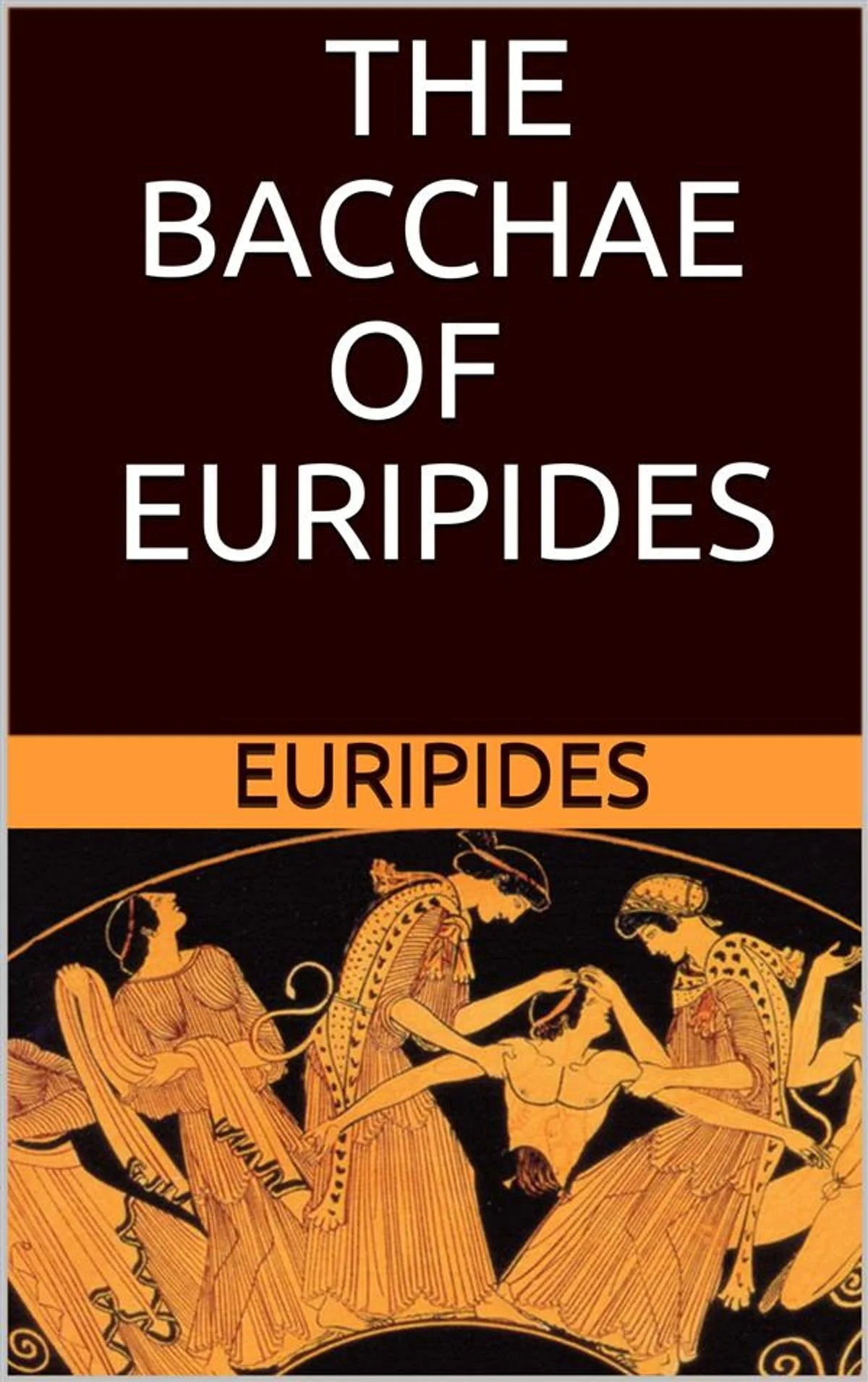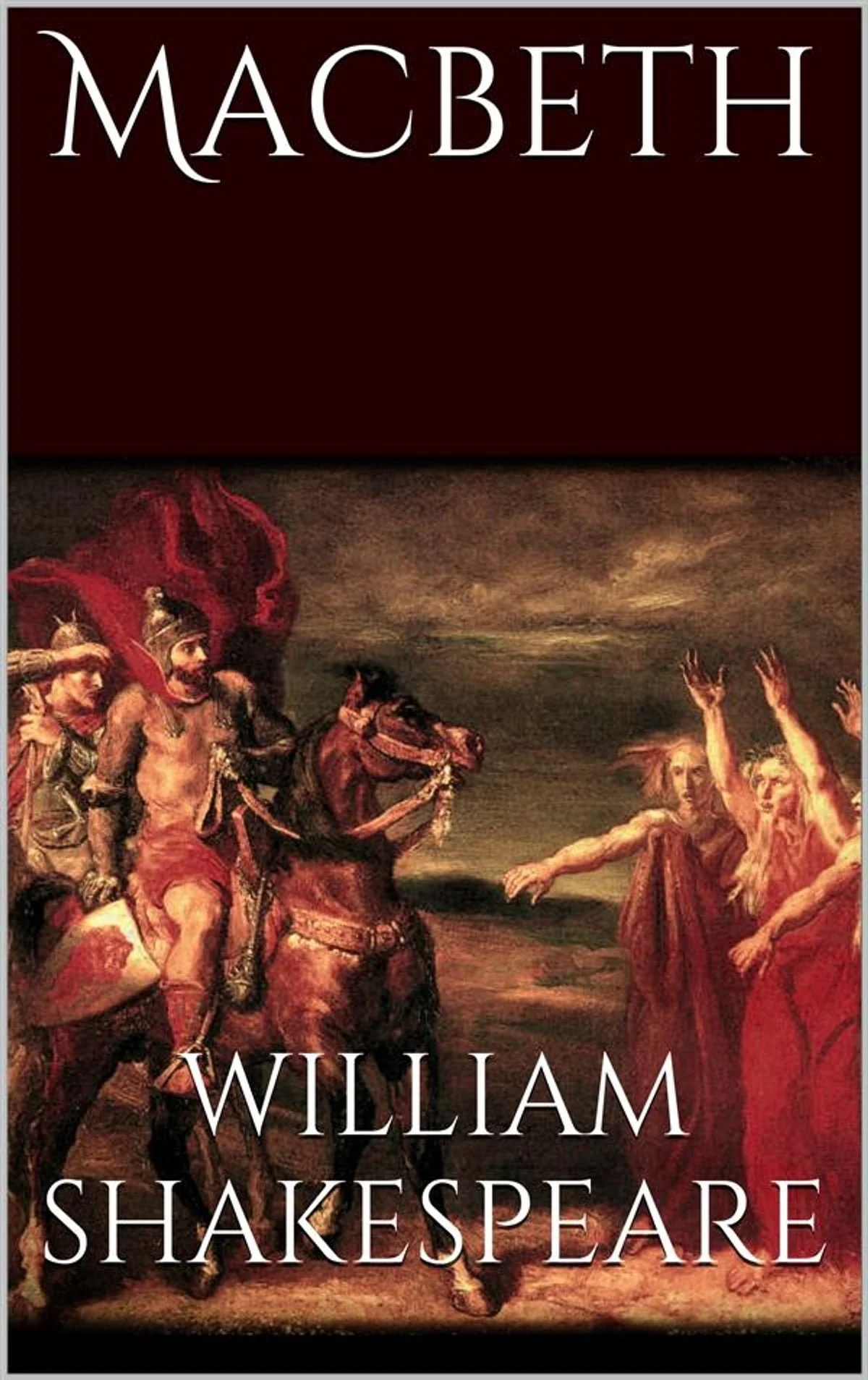Tragedy
The Oedipus Trilogy: Oedipus the King, Oedipus at Colonus, and Antigon
The Oedipus Trilogy consists of three Greek tragedies written by the ancient playwright Sophocles. These plays are "Oedipus the King" (also known as "Oedipus Rex"), "Oedipus at Colonus," and "Antigone." Collectively, they tell the interconnected story of Oedipus, his family, and the tragic consequences of his actions.
"Oedipus the King" (Oedipus Rex): This is the first play in the trilogy and is arguably the most famous. It centres around Oedipus, the king of Thebes, who becomes determined to discover the cause of a devastating plague that has befallen his city. In his quest for the truth, Oedipus uncovers a series of dark secrets, ultimately leading to the shocking realisation that he has unwittingly fulfilled a prophecy by killing his father and marrying his mother.
"Oedipus at Colonus": This is the second play in the trilogy and explores the later years of Oedipus's life. After his tragic revelations in the first play, Oedipus becomes a wandering exile and eventually finds refuge in the sacred grove of Colonus near Athens. The play delves into themes of redemption, forgiveness, and the consequences of Oedipus's actions. It also portrays his relationship with his daughters, Antigone and Ismene.
"Antigone": "Antigone" is the third play in the trilogy and shifts its focus to Oedipus's daughter, Antigone. After Oedipus's death, a power struggle ensues in Thebes, and Antigone defies the new ruler, her uncle Creon, by burying her brother Polynices against his decree. The play explores themes of civil disobedience, moral duty, and the clash between divine and human laws.
Medea
"Medea" is a classic Greek tragedy written by the ancient playwright Euripides. It was first performed in 431 BCE and remains one of the most celebrated works of Greek drama.
The play revolves around the character of Medea, a powerful sorceress and the wife of Jason, the hero of the Argonauts. The plot unfolds as Jason abandons Medea and their two children to marry a princess, Creusa, in order to secure political power and wealth. Consumed by anger, betrayal, and a desire for revenge, Medea commits a series of shocking and horrifying acts.
"Medea" explores themes such as revenge, betrayal and the power of female agency. The character of Medea is both complex and compelling, representing a woman who is both a victim and a perpetrator of violence.
The Bacchae
"The Bacchae," also known as "The Bacchants" or "Dionysus," is a tragic play written by the ancient Greek playwright Euripides. It was first performed in Athens in 405 BCE.
The story of "The Bacchae" revolves around the god Dionysus and his return to his homeland of Thebes. Dionysus seeks to establish his worship and spread his cult throughout the city, but he faces opposition from King Pentheus, who rejects the god and his followers, the Bacchants or Maenads. Dionysus eventually lures the king into the wilderness, where he meets a tragic fate at the hands of the frenzied Maenads, including his own mother, Agave.
The play explores themes such as the power of religious ecstasy, the consequences of denying the divine, and the blurring of gender roles and identities. It also looks at the destructive forces of human pride and the consequences of defying the gods.
Romeo and Juliet
"Romeo and Juliet" is one of William Shakespeare's most famous plays, written in the early stages of his career, likely around 1597. This tragic love story is set in the city of Verona and revolves around the passionate, ill-fated romance between two young lovers from feuding families, the Montagues and the Capulets.
The plot unfolds as Romeo, a Montague, and Juliet, a Capulet, meet and instantly fall in love at a masquerade ball. Despite the deep-seated hatred between their families, they secretly marry the next day. However, their happiness is short-lived as a series of misunderstandings, conflicts, and fatal duels ensue, leading to the tragic deaths of Romeo and Juliet.
"Romeo and Juliet" explores themes such as love, fate, youth, and the destructive nature of feuds and hatred. It showcases the impulsive and reckless nature of young love and the devastating consequences that can result from intolerance and violence.
Hamlet
"Hamlet" by William Shakespeare's is believed to have been written between 1599 and 1601. It is a tragedy that explores themes of revenge, madness, mortality, and the complexities of the human psyche.
The play is set in Denmark and centres around Prince Hamlet, who is deeply troubled by the sudden death of his father, King Hamlet, and the hasty marriage of his mother, Queen Gertrude, to his uncle, King Claudius. Hamlet's world is further disrupted when he encounters the ghost of his father, who reveals that he was murdered by Claudius and urges Hamlet to seek revenge.
As Hamlet grapples with the moral and psychological implications of his father's command, he feigns madness to uncover the truth and gather evidence against Claudius. This pretence of madness, coupled with Hamlet's vacillation and internal turmoil, leads to a series of tragic events, including the deaths of several key characters.
Macbeth
"Macbeth" by William Shakespeare is believed to have been written between 1603 and 1607. It is a dark and atmospheric play that explores themes of ambition, guilt, corruption, and the consequences of unchecked ambition.
The play is set in Scotland and centres around the character of Macbeth, a loyal and valiant Scottish general. After a chance encounter with three witches who prophesy his rise to power, Macbeth becomes consumed by ambition and is driven to murder King Duncan to take the throne. This act of murder sets off a chain of violent and tragic events, as Macbeth descends into paranoia and tyranny to maintain his grip on power.
Lady Macbeth, Macbeth's ambitious and manipulative wife, plays a central role in the unfolding tragedy. Her ambition and guilt lead to her own descent into madness.
Phaedra
"Phaedra" is a tragedy written by the ancient Roman playwright Seneca the Younger, who lived from approximately 4 BCE to 65 CE. It is based on the Greek myth of Phaedra, a character from Greek mythology, and explores themes of passion, guilt, and fate.
The play revolves around the character of Phaedra, the wife of King Theseus of Athens. Phaedra is consumed by a forbidden and uncontrollable passion for her stepson, Hippolytus. Her feelings of desire and guilt torment her, and she struggles to keep her emotions in check.
As the story unfolds, Phaedra's nurse, who is privy to her secret, becomes embroiled in the web of deceit and passion. Tragedy ensues as the characters' actions lead to a series of devastating consequences, including death and despair.
Death of a Salesman
"Death of a Salesman" is a classic American play written by playwright Arthur Miller. It premiered in 1949 and has since become one of the most celebrated and studied works in American theatre.
The play tells the story of Willy Loman, a traveling salesman in his late 60s, who is struggling with the challenges of his profession and the disillusionment of the American Dream. Willy believes in the idea that success is attainable through charisma and popularity, but he faces financial hardship, a strained relationship with his family, and a deep sense of failure.
As the narrative unfolds, Willy's past and present blend together in a series of flashbacks and memories. His two sons, Biff and Happy, grapple with their own aspirations and the weight of their father's expectations. The play explores themes of identity, success, delusion, and the consequences of unfulfilled dreams.







